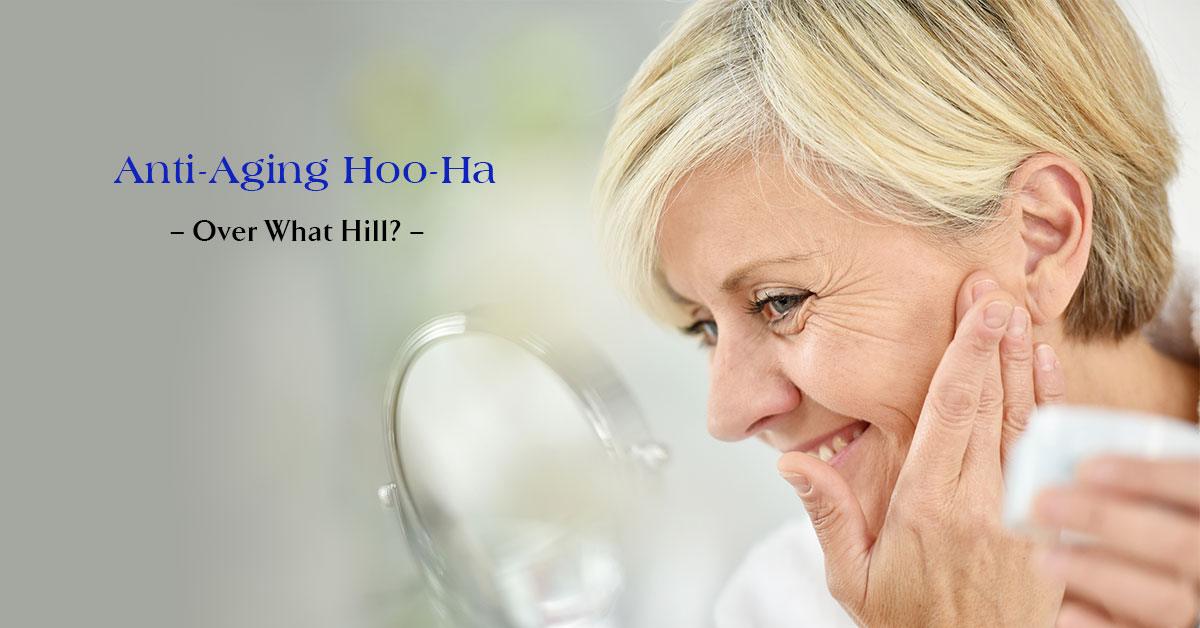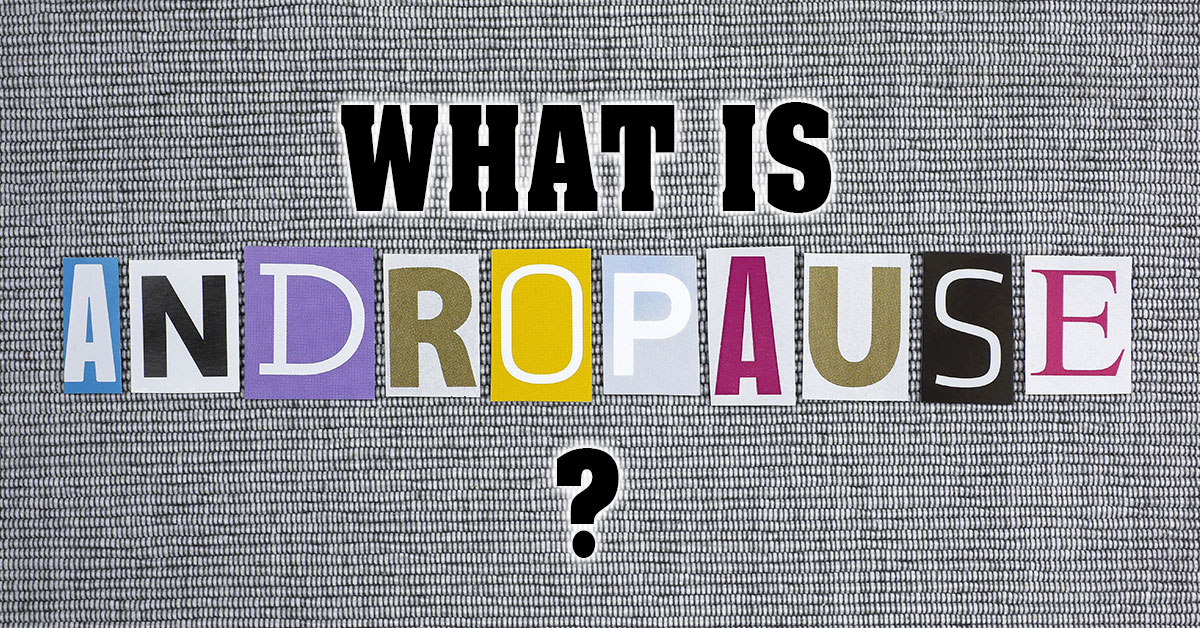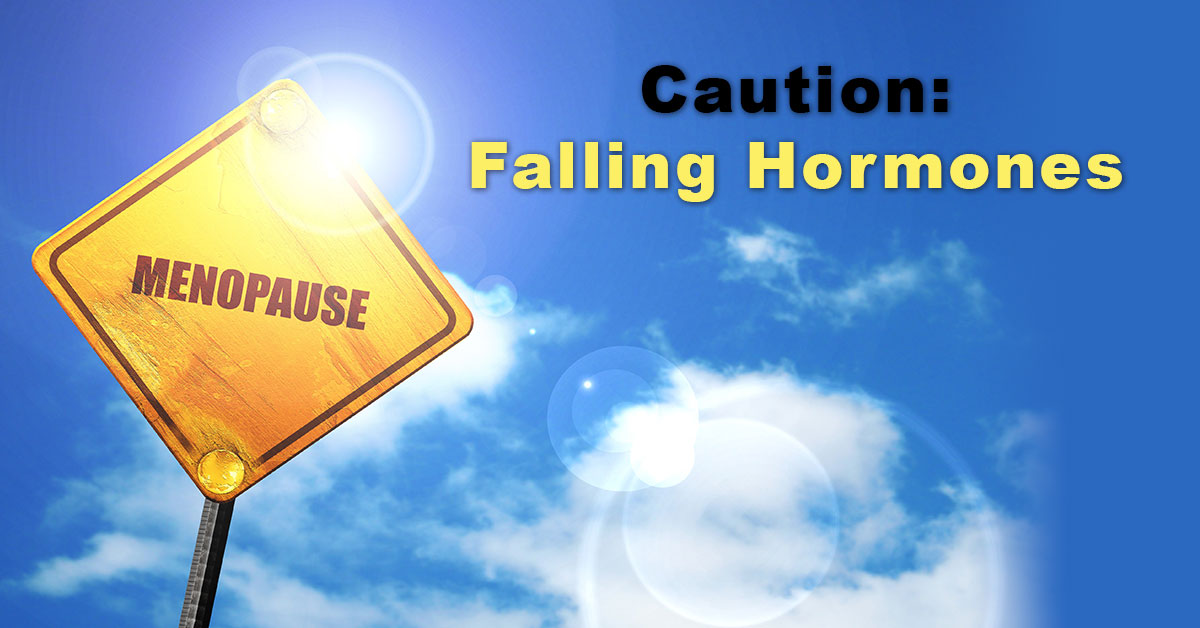OVER WHAT HILL – Anti-Aging Hoo-Ha

A lot of people (female and male) must be buying into the Millennial trash attack if you consider that the global market for anti-aging products and services is expected to grow from $281.6 billion in 2015 to $331.3 billion in 2020. So much for growing old gracefully. There are products for every age range, teens to 50+ (now 70+). From $5 to $500 +. Balms, creams, gels, liquids, loose powder, lotions, masks, mousse, oils, scrubs, serums, sprays, wipes…new something-or-others every day.
Can the Scam
Anti-aging quackery and hucksterism are pervasive on the Internet. Ad and marketing mavens come up with names, promises and “secret” ingredients. (Hello, proof, please.) All these would-be miracles are referred to as the science of anti-aging, while you should really think of them as scientific breakdowns. Those “Doctors” (antonym; actors) in those white coats promising you the forever sought after fountain of youth? Our advice?
“Duck the Quacks”.
Trial, Trial and Trial Again
Run, run and run again. As far away from these temptations as possible. Unfortunately, there is a very deceptive, dark side to these offers, one that most people miss and don’t discover until they notice the exorbitant and monthly recurring charges appear on their credit card statements. “But the photos, you say”. Instagram, Pinterest or Snapchat filters, anyone? utube testimonials, should be called “are you kidding?” claims. Another bit of advice; Beware “Bogus”.
It’s About Time
A promise we can make, is that there is absolutely no magic in any exorbitantly priced and promoted anti-aging products. If you’re feeling the years (and that could be as young as in your 40’s), there is real help in fighting off how much older you’re starting to feel; peptides; peptides have many functions in the body. Some act like neurotransmitters, others function like hormones. There are also several amino acids that are necessary in sufficient amount to produce hormones like human growth hormone. If you aren’t absorbing or making enough of those amino acids, your production of that hormone will be lowered. That’s where Peptide Therapy comes in. And that’s when you need to see Stephen A. Goldstein MD, F.A.C.S. at Denver Hormone Health. No one in the Denver area knows more about hormone replacement therapy, and no one is better able to determine which of the many Peptide Therapy options is right for you. After caringly and carefully discussing any symptoms you may be experiencing, from increased body fat to a lowered sex drive, Dr. Goldstein will prescribe the exact Peptide Therapy option to help you turn things around so that you don’t feel older than you are.
Don’t wait to call for an appointment now.
And feel young at a lot more than your heart.


